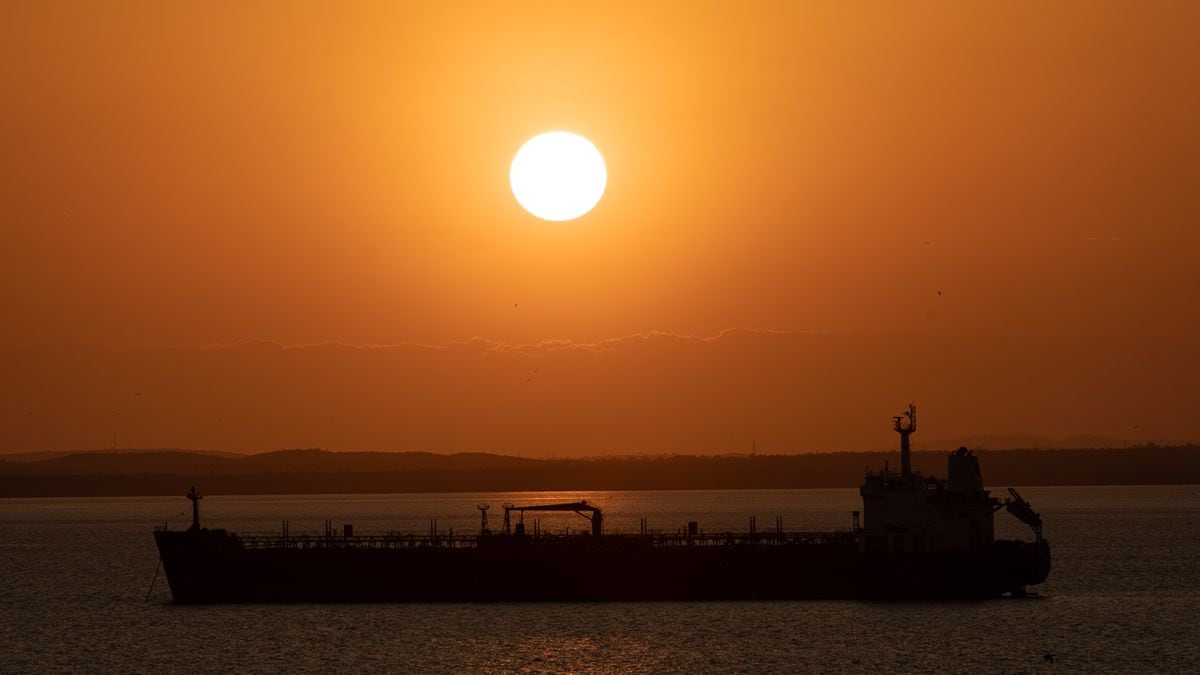Read the video transcript here
811 million people
worldwide are starving.
Even though more food is being produced than ever before.
3 billion people
do not eat healthily - because they lack the money or the knowledge what it takes.
2 billion people
are overweight, with massive health implications.
A third of global greenhouse gas emissions
arise from the production and transport of food.
1/3 of all food
is wasted every year.
These figures make it clear that our diet is in crisis.
And that is not because there is not enough food.
It's about how we grow, process and market food.
And that in turn is influenced by the general state of the world - which is currently rather difficult.
Lisa Maria Klaus, Welthungerhilfe
"One thing is climate change, the second is armed conflict, which has continued to increase in recent years, and the third, which is now worsening, is the consequences of the corona pandemic."
Much of the world's food is produced by two billion smallholders.
Nevertheless, it is precisely these people who are particularly at risk of malnutrition.
Many smallholders, especially in Africa, but also Asia and Latin America, are affected by poverty and support themselves solely from what they grow themselves.
Lisa Maria Klaus, Welthungerhilfe
»
There are
various reasons for this.
On the one hand, it is because the cultivation areas are often too small, there is a big problem with access to land, which particularly affects women.
Low harvest yields, lack of access to means of production such as
B. seeds and fertilizers and difficult market access, so that people have no access to markets to operate their products accordingly. "
For a long time the rural population was neglected in many countries.
They have to sell their goods alongside cheaper products from abroad.
And only very few small businesses can participate in the global world market and export their goods to Europe, for example.
Stefan Sieber, Leibniz Center for Agricultural Landscape Research (ZALF)
»Because there is often a lack of infrastructure in developing countries.
There is a lack of logistics, there is a lack of know-how to comply with the standards, in order to be able to export to the EU at all. "
In the past year, the problems were intensified again by the consequences of the corona policy.
Lisa Maria Klaus, Welthungerhilfe
"Which has also led to markets being restricted, to the cross-border movement of goods being massively restricted and then leading to people not being able to sell their products."
In addition, there is climate change: droughts and floods cause crop failures and people lose their land.
The global food system makes a decisive contribution to climate change.
Above all with industrial cattle breeding, which alone is responsible for at least 14 percent of the world's greenhouse gases.
So industrial food production fuels climate change, which in turn destroys the livelihoods of millions of smallholders.
How can this cycle be broken?
An important approach aims to support smallholder farms in countries in the Global South.
Lisa Maria Klaus, Welthungerhilfe
»By promoting better cultivation methods, for example, by facilitating market access, by supporting women's or farmers' cooperatives.
Diversified cultivation, better seeds, things like that. "
In India, for example, women are specifically trained as so-called "ecopreneurs".
They learn climate-friendly methods of agriculture and are supported in becoming self-employed - for example in plant breeding.
There are similar projects in Africa and Latin America.
They are supposed to train smallholders to grow healthy food in particular.
But even in the global north there is enough to do for a more climate-friendly food system.
Stefan Sieber, ZALF
“I would really see this sustainable consumption as a starting point here, because politicians are also trying very hard to get consumers to eat less meat, for example.
That would also reduce the negative effects tremendously. "
Labels should put consumers on the better path: How high is the energy balance of a product, which unhealthy fats or sugars are in a product?
Some scientists go further and want bans.
Joachim von Braun, agricultural scientist
»When I speak of restrictions, I mean unhealthy fatty acids have to be removed from food, excessive sugar has to be regulated. But mainly it is about information, education and so-called nudging. So nudging in the right direction. "
School canteens with fresh, healthy food are needed so that young people are nudged in this direction early on.
Or programs where children can take food home with them.
The right to food is enshrined in international law in Article 25 of international human rights, and the United Nations wants to reduce global hunger to zero by 2030.
A lot has to happen in order for this to be achieved, for the world's diet to become healthier and for the climate to be protected.
Around the world.














